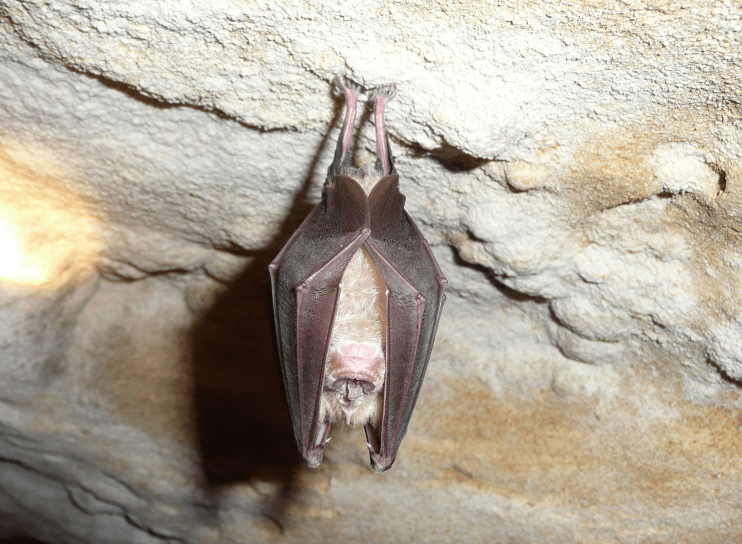Covid scientists: Protein mutation in bat coronavirus may have made human lung cell infections possible

A mutation in a key protein found in a coronavirus among bats may have made it possible for humans to get infected.
According to a new study, published in the peer-reviewed scientific journal Cell, a mutation in the bat virus led to a spike protein being able to ‘fasten itself’ onto a human host protein, called ACE2, thereby making it possible to enter and infect human cells via the lungs.
The researchers said that the ability to lock onto human lung cells was much stronger after the protein mutation than with other, already existing coronaviruses.
Moreover, the mutated virus was able to replicate itself much quicker, the researchers found while testing the mutated spike proteins in lab-grown human lung cells.
“Without this mutation, I don’t think the pandemic would have happened like it has,” James Weger-Lucarelli, a virologist at Virginia Tech in Blacksburg, told the science publication.
He added that “the coronavirus’s global spread may have been less likely.”
Weger-Lucarelli reportedly stressed that, if researchers could figure out how an animal virus gained the ability to infect human beings, it may help scientists to prevent the outbreak of similar viruses in the futre.
Weger-Lucarelli and his team analysed around 182,000 genetic footrpints of the Coronavirus, thereby looking for signs of mutations that could have contributed to human infection.